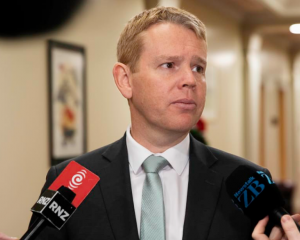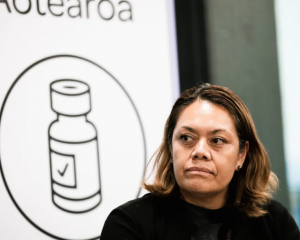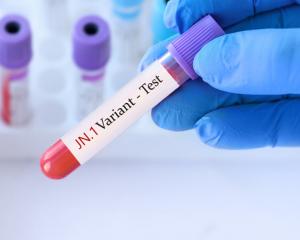
Health Minister Chris Hipkins says initial assessments by the University of Otago show the technology could make a decent contribution to contact tracing in New Zealand.
The Rotorua region will be used as a test case involving around 250 to 300 people.
This comes on the back of the Government ramping up messaging around New Zealanders needing to use the Covid Tracer app, in case there's a second wave or community transmission.
Hipkins says any decision on a wider rollout will be made later this year, and at this stage it's unlikely the CovidCard would be mandatory.
"While manual processes remain the critical component for contact tracing, we know digital solutions can help make contact tracing faster and more effective. This is important from a public health perspective and also in supporting our economic and social recovery," Hipkins says.
"It's fair to say that no single technology to 'solve' contact tracing has been identified anywhere in the world. That's why we need to explore all available technology options," he says.
"We are continuing to improve the NZ CovidfTracer app, which includes looking at how technologies like Bluetooth can be utilised to further support contact tracing and have also been investigating the proposed CovidCard."
Government Digital Services Minister Kris Faafoi says the government funded a trial run by the University of Otago in conjunction with the Nelson Marlborough DHB during lockdown.
"The trial found the CovidCard works under controlled conditions, so we believe there is merit in exploring it further," he says.
"After consultation with community leaders and iwi, we have selected the Rotorua region for a further trial involving around 250-300 people.
"This research will allow us to understand how the cards would work in a real-world scenario, whether they are compatible with our contact tracing systems, and whether the public would accept and use the cards if they were rolled out," Faafoi says.










